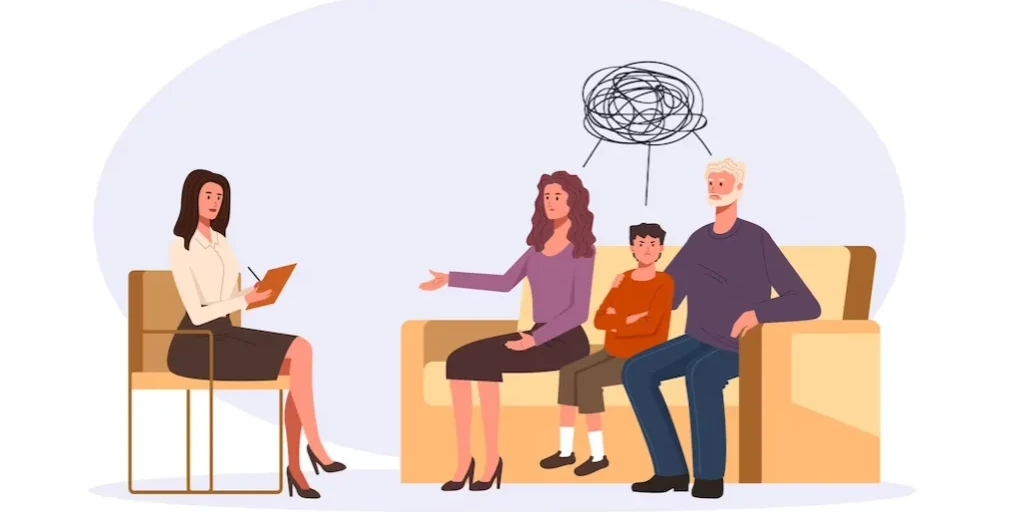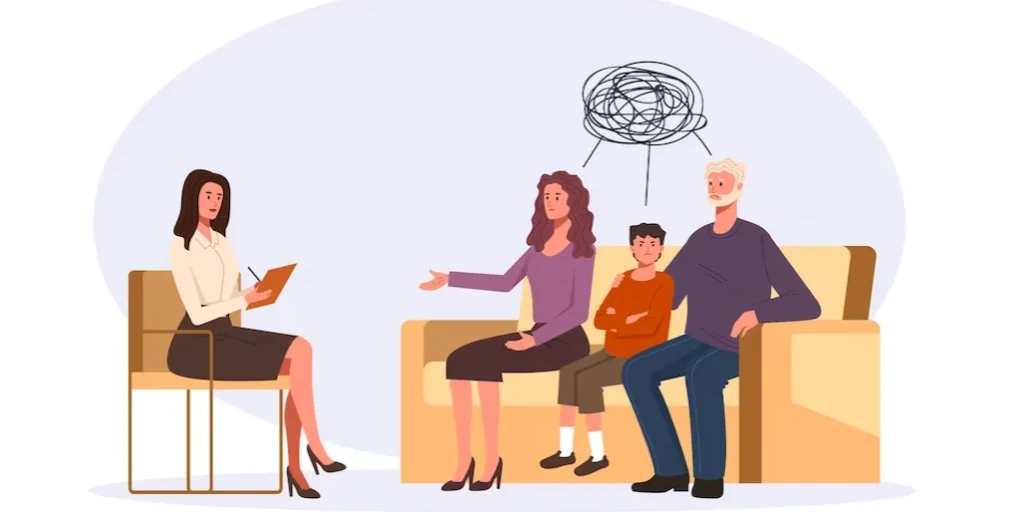24/7 Helpline:
(866) 899-111424/7 Helpline:
(866) 899-1114
Learn more about Eating Disorder Treatment centers in Galena
Eating Disorder Treatment in Other Cities

Other Insurance Options

Magellan Health

Premera

WellCare Health Plans

Optum

BlueCross

Regence

UMR

Medical Mutual of Ohio

United Health Care

CareSource

Health Choice
Beacon

Lucent

Sutter

Ambetter

Highmark

EmblemHealth

Evernorth

WellPoint

Horizon Healthcare Service


Kent County Behavioral Health – A. F. Whitsitt Center
Kent County Behavioral Health is an accredited dual diagnosis and addiction rehab center located in ...

For All Seasons
For All Seasons provides a full continuum of bilingual outpatient behavioral health services and off...

































































































Eastern Shore Alano Club
Eastern Shore Alano Club is a non-profit rehab located in Chestertown, Maryland. Eastern Shore Alano...

Corsica River Mental Health Services – CRMHS Chestertown
Corsica River is a non-profit mental health and substance abuse clinic providing treatment to all mi...

CBH Chestertown: Kent County
CBH Chestertown: Kent County is a public rehab located in Chestertown, Maryland. CBH Chestertown: Ke...







































